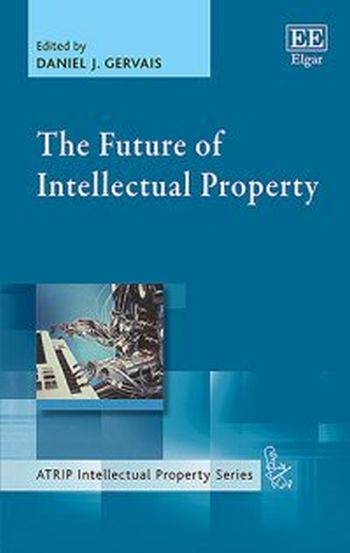
This forward-looking book examines the issue of intellectual property (IP) law reform, considering both the reform of primary IP rights, and the impact of secondary rights on such reforms. It reflects on the distinction between primary and secondary rights, offering new international perspectives on IP reform, and exploring both the intended and unintended consequences of changing primary rights or adding secondary rights.
Featuring contributions from leading scholars from across the globe, the book focuses on four main themes, beginning with an examination of reforms to fundamental aspects of IP. Part II explores the emergence of artificial intelligence and the data on which it relies, offering timely new thinking on the impact of this significant new aspect of IP. Chapters then discuss specific ideas for reform in relation to copyright and trademarks in Part III, and in respect of geographical names and indications in Part IV.
This book will prove crucial reading for scholars and researchers of intellectual property, particularly those working on reform and the effects of technology. It will also be useful for policymakers seeking to understand the potential impacts of new policies and legislation.